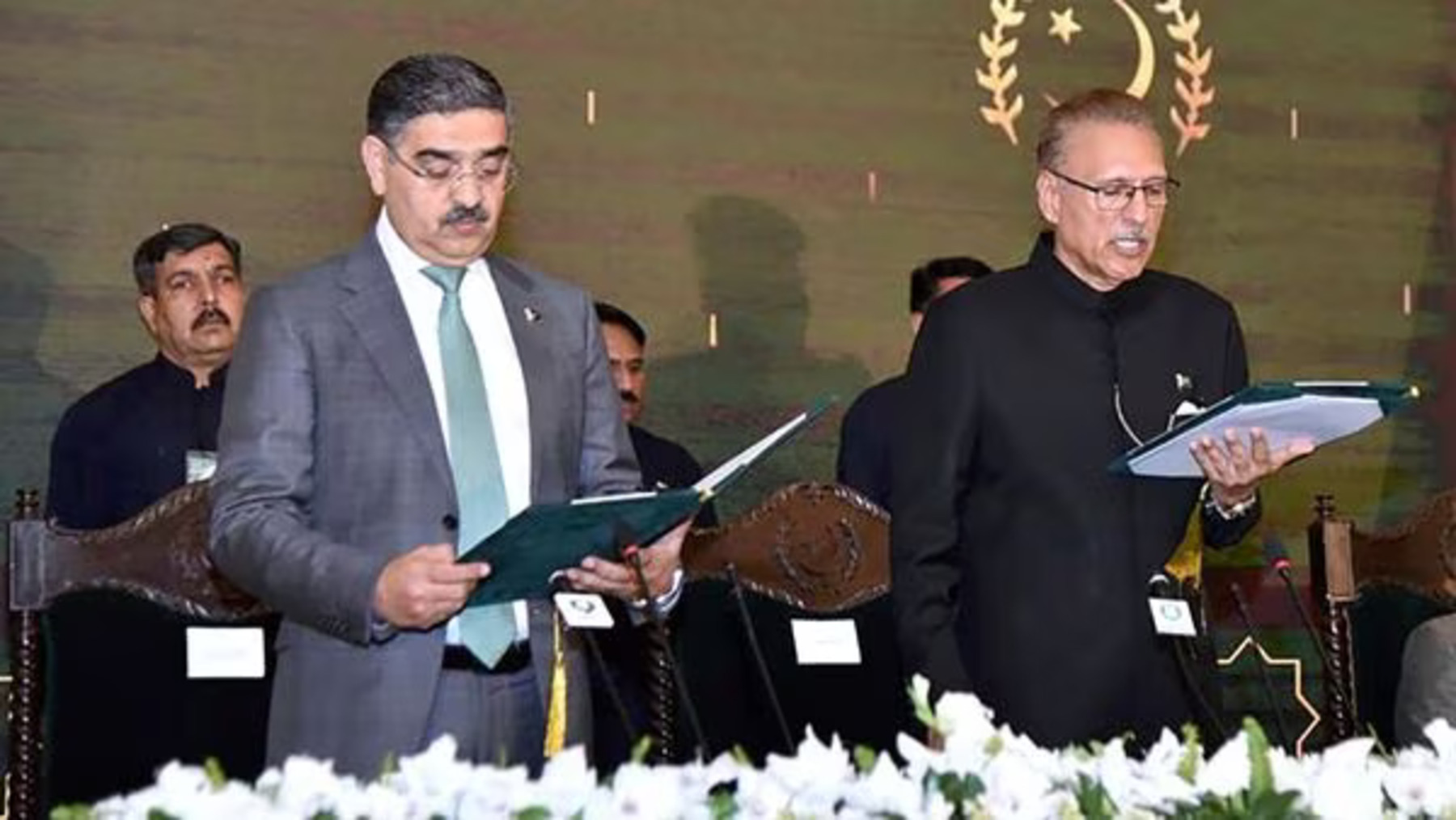Pakistan to Hold General Elections in January 2024
In a recent and eagerly awaited announcement, the Election Commission of Pakistan (ECP) confirmed that the country’s general elections will now take place during the last week of January 2024. This significant decision marks a notable departure from the initial plan, which had set the elections for October of the same year. Several key factors, including the early exit of the Shehbaz Sharif government and the completion of a pivotal census, have contributed to this shift in the electoral timeline.
Originally scheduled for October 2023, the postponement of the elections became necessary due to the sudden exit of the Shehbaz Sharif-led government, which left a leadership vacuum and triggered a sequence of political events. Additionally, a comprehensive census was conducted, further complicating the electoral schedule. The preliminary list of constituencies, a critical aspect of the election process, is set to be published on September 27, marking a significant milestone in the run-up to the elections. Subsequently, local media reports suggest that the final list of constituencies will be released on November 30, following a period of public feedback and scrutiny.
Pakistan to Hold General Elections
The elections themselves are now slated for a 54-day window, culminating in the actual voting taking place during the final week of January 2024. This announcement has ignited a mixture of anticipation, excitement, and apprehension in Pakistan’s political landscape, as the nation gears up for this critical democratic exercise.
The backstory to this decision is marked by several crucial developments. Firstly, a caretaker government was installed in August of the same year after the Shehbaz Sharif-led coalition voluntarily stepped down just before completing its tenure. This transition in power added an additional month to the delay in the election timeline. Furthermore, the outgoing government had articulated that elections could only take place once a new census was completed and new constituency boundaries were established. This was a necessary step to ensure fair representation, particularly in light of the newly conducted census.
The prospect of conducting the census itself had raised concerns that the elections might be further delayed, as the delimitation process, which defines electoral boundaries, was expected to take around four months to complete. However, under mounting pressure from various political parties and in accordance with the constitutional mandate that stipulates the ECP to finalize the delimitation process within 120 days, the decision was made to expedite this crucial phase of the election preparation.
Elections in Pakistan are now scheduled to occur against the backdrop of a complex political crisis. The country has witnessed the imprisonment of one of its most popular politicians, former Prime Minister Imran Khan, and a significant crackdown on his Pakistan Tehreek-e-Insaf (PTI) party. This has created an atmosphere of political tension and uncertainty, with implications for the upcoming polls.
In response to these challenges, Caretaker Prime Minister Anwaar-ul-Haq Kakar has reaffirmed the interim government’s commitment to upholding the democratic process in Pakistan. He has emphasized that the government will not entertain any excuses to further delay the general elections and is determined to ensure they proceed as scheduled.
The decision to set a new timeline for the general elections has sparked discussions and debates across the political spectrum. Some view the delay as an opportunity to allow for a more measured and well-prepared electoral process, including the resolution of contentious issues related to constituency boundaries. Others, however, are concerned that the extended period of uncertainty might exacerbate political tensions and hinder the nation’s stability.
As Pakistan prepares to embark on this critical democratic exercise, there are several key factors to consider. Firstly, the ECP will play a pivotal role in ensuring the smooth conduct of the elections. Their commitment to transparency, fairness, and addressing any issues arising from the preliminary lists will be closely monitored. Furthermore, the interim government’s ability to manage the political crisis and maintain law and order in the run-up to the elections is of paramount importance to ensure a peaceful and credible electoral process.
Another critical aspect is the role of political parties in shaping the electoral landscape. With the PTI facing significant challenges and other parties seeking to make their mark, the political dynamics are expected to be intense. It remains to be seen how these dynamics will evolve and how they will influence voter sentiment and turnout.
the decision to hold Pakistan’s general elections in January 2024 marks a significant development in the nation’s political landscape. While the delay has been necessitated by a series of unique circumstances, it has also provided an opportunity to address critical issues related to constituency boundaries and electoral transparency. As the nation looks ahead to the elections, there is hope for a democratic process that is not only credible but also reflective of the will of the Pakistani people. The world will be watching closely as Pakistan takes this important step in its democratic journey.
Also Read Iran’s Chastity bill

[…] Also Read Pakistan’s General Election’s […]